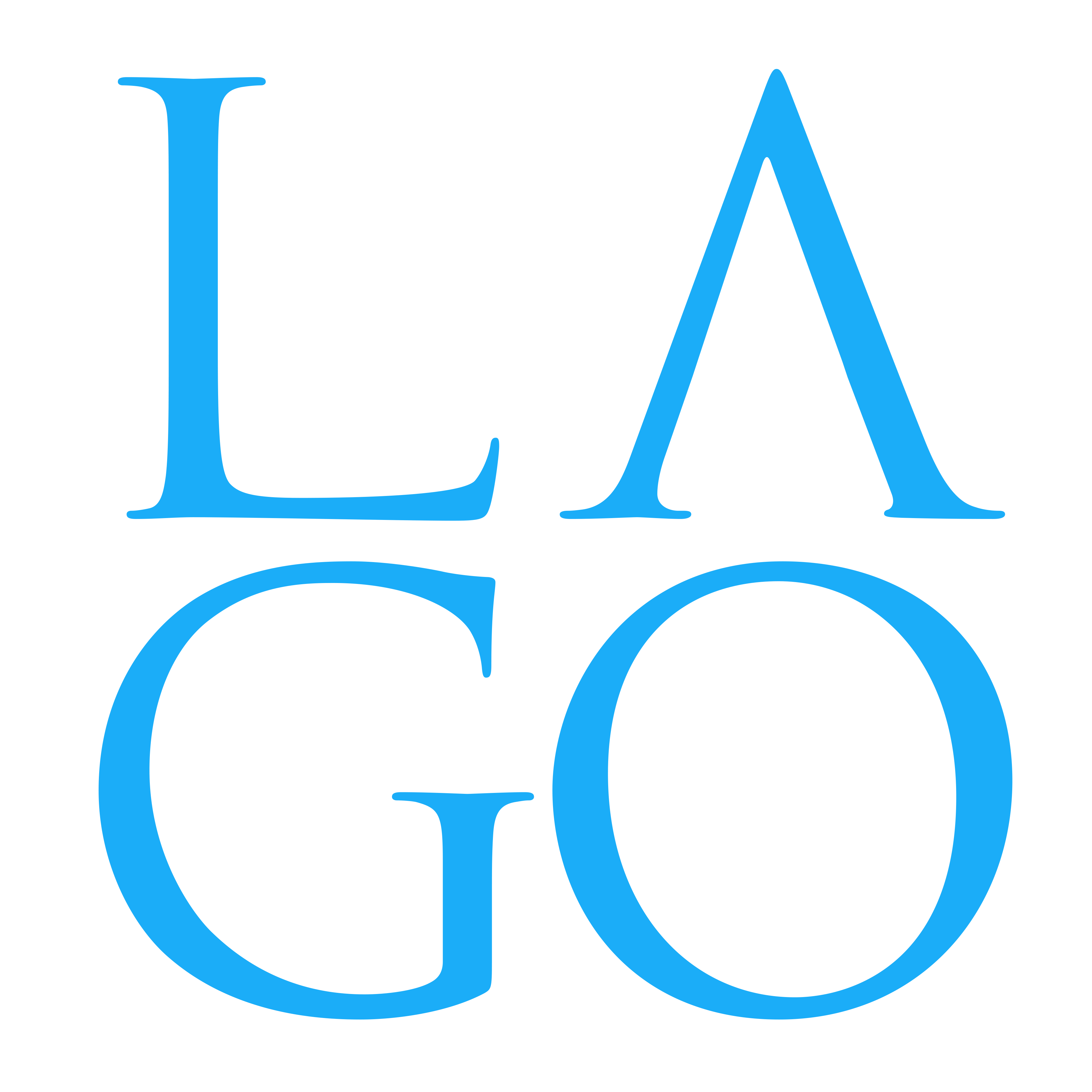

BUCK MASON | Redefining the Classic American Lifestyle
Erik Allen Ford and Sasha Koehn founded Buck Mason in 2013 to make classic American clothing that would stand the test of time. They infuse each piece in their collection with the laidback, effortless style they associate with California. “We make clothes for people to live in.” Their shared aspiration led this startup to significant online success that has grown into a brick-and-mortar presence. Their north star for achieving sustained success: “Unstable growth seems to lead to a fast decline. We aim is to improve first and grow second.”
More

Erik Allen Ford and Sasha Koehn, founders of Buck Mason (est. 2013), are on a mission to create timeless, American-made clothing infused with California’s laidback style. Driven by the mantra “We make clothes for people to live in,” they’ve translated a digital-first strategy into brick-and-mortar success. Their steady growth philosophy—“Unstable growth seems to lead to a fast decline. Our aim is to improve first and grow second”—reflects their commitment to quality and sustainability, ensuring Buck Mason’s place as a modern classic in American fashion.
Consistent Performance,
Optimized Outcomes
Our private credit strategies are designed to spot potential opportunities for outsized outcomes from exceptional companies to deliver premium returns for our investors with a better risk return proposition versus alternative asset classes.
Select Portfolio Companies

Featured Profile
Featured Profile

Redefining the Classic American Lifestyle
Erik Allen Ford and Sasha Koehn founded Buck Mason in 2013 to make classic American clothing that would stand the test of time. They infuse each piece in their collection with the laidback, effortless style they associate with California. “We make clothes for people to live in.” Their shared aspiration led this startup to significant online success that has grown into a brick-and-mortar presence. Their north star for achieving sustained success: “Unstable growth seems to lead to a fast decline. We aim is to improve first and grow second.”
How do you define your brand and its position in the crowded apparel industry?
We aim to deconstruct the greatest clothing ever made and reimagine it for today. It’s our goal to take the elements of pieces we feel an emotional connection to and convey that emotion back to our guests through high-quality clothing. We’re driven by a shared passion for integrity, history and timeless style.
What was the spark that led to the idea for this venture?
[Sasha] Erik and I started Buck Mason to create updated, modern American classics for daily wear—classics that perform for you, that you don't have to think twice about, that look better over time and integrate into your daily life. Since starting with just a T-shirt, we’ve added dozens more products to the Buck Mason uniform of jeans and tees. With each new piece, we take an architectural approach, asking what was the original intent for this garment, what’s the best version that’s ever been done, and how can we improve it?
What inspired your firm’s brand identity?
[Erik] My father is a brick mason, and Sasha’s is a stone sculptor, so the word Mason is inspired by them. And Buck just sort of sounded right. We both moved to California from the Midwest, so that probably impacts our product. We want sturdy, reliable quality, but there’s an ease to California living that we both appreciate. We want that to come out in the clothes.
What are your firm’s core values, and how have they contributed to your brand identity, corporate culture, and overall success?
[Erik] Timeless. Quality. California. At the heart of everything we do is the 50’s California ethos of quality, restraint, and integrity. We want to tell authentic, beautiful stories about our product, brand, and inspiration. And we really prioritize delivering unexpected, delightful experiences to our guests, in-store and online.
What is the most rewarding aspect of being a founder?
[Sasha] Getting to build a team of people who share the same passion for clothing and trying to foster an environment for them to see it through. We want everyone who works for us to push out as far as they can professionally, and the consequence is that we get to share in the satisfaction of working together to produce the kind of clothes we make.
How did your early life experiences influence your ability to become a founder?
[Erik] I started so early in clothing, and looking back, it was the time I spent with people who helped me move up along the way—from the people I worked for as a local, midwestern mall kid to my positions at larger firms in the roles of middle management. There was always someone, or sometimes multiple people, who were there to teach or encourage me and all my overly enthusiastic, sometimes out-of-the-box or bad ideas. At some point, I was able to see the picture pretty clearly. The only difference today is that our employees usually influence me.
Did you have any mentors or people you want to single out who helped you get to where you are today?
[Erik] There are so many, I’ll name just a few. I worked for Gene Montesano and Barry Perlman, who started Lucky Brand. They were passionate about what they wanted to make and made it for themselves, their way. They were pretty rebellious and unconventional, which aligned with where I was then. What I took from them came from them simply saying, you can do it. You can start a brand. And Jim Kolbo was my boss for five years. He was a great listener and such a solid foundation, just as a guy. He taught us how to organize our lives in a John Wooden sort of way—rooted in discipline and doing the hard things first.
Why do you think your brand evokes such passion and loyalty from your customers?
[Sasha] Maybe they can feel that we’re building the product from an emotional place. Guests have told me that they appreciate that we keep improving upon the same thing, making subtle adjustments instead of moving on to the next thing.
What are the natural extensions of being a lifestyle brand your customers choose to interact with daily?
[Sasha] Our brand intersects with so many things, mainly things we’re personally interested in. From the world of classic cars and surfing to music…the list goes on. If you’re there, we can be there. We make clothes for people to live in.
What is your definition of success, and has it changed over time?
[Sasha] If the pieces we make not only last but get better with age, and our customers love them and keep coming back, we’re doing something right. Success is Buck Mason continuing to be your favorite brand, which forces us to be uncompromising.
Do you have any advice for early entrepreneurs looking to follow in your footsteps?
[Erik] For me, it was all about building a toolbox. I held pretty hardcore jobs and worked for people that were intense. I don’t know if it was dumb luck or if I was drawn to the most hardcore people, but having to compete and live up to the standards of the best of the best was really helpful. A lot of my self-direction, discipline and resilience were ingrained at an early age when I worked for other companies.
[Sasha] If it’s not the first or second thing you think about after you wake up, keep moving. But if it is, do whatever it takes to move it forward into reality, one step at a time. Make the call, send the email, take the drive; whatever the first step is, there’s no better time than now, except yesterday.
Talk about the company’s evolution from a digitally native brand to an omnichannel strategy. How difficult was it to make that leap, and what obstacles did you face in executing that strategy? How are you benefiting from the shift?
[Sasha] We built our own e-commerce platform, and most of our business used to be online. That said, it’s more profitable for customers to buy in the stores—the economics are just better. We aim to create a symbiosis between the offline and online channels.
A digital presence is only one part of the successful brand equation. While we continue to grow Buck Mason in the digital space, we believe in a sustainable, well-rounded approach to business growth. That includes continuing our investment in e-commerce while acting as innovators on the retail front to drive sales in all aspects of the business.
Risk is an integral part of building a business. What risks are you glad you took? Any regrets about risks you didn’t take?
[Erik] We’re fairly conservative. We never bet the farm. Our early stores had rents of $1,200 per month. We’re constantly doing downside risk analysis. We definitely could have pushed it harder in the early years, but cash flow really dictates your risk level. You can only risk it if you have it.
Founders of businesses are used to controlling every aspect of the business in the early days. How important is learning to cede a certain amount of control to subject matter experts for sustained growth, and how difficult was it for you? Do you still maintain that control or have you entrusted others with key decisions? What was the impact on your evolution as a result?
[Erik] We try to think of the organization as an “idea” meritocracy. The smarter you are on the topic, the more autonomy you have. We’re certainly not experts on every topic, so it’s important for us to know our strengths and weaknesses and listen to those who have skills where we’re lacking.

















































